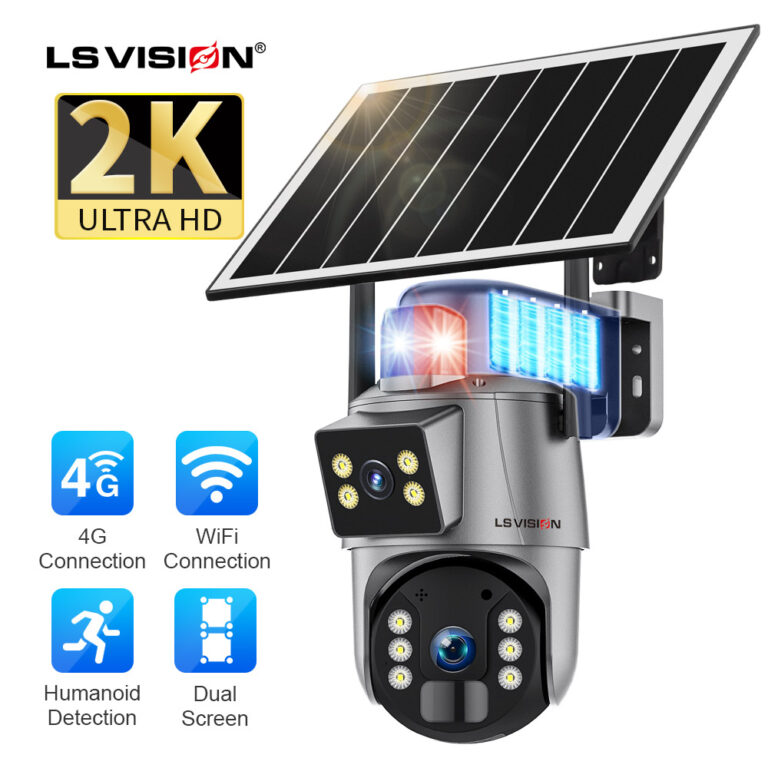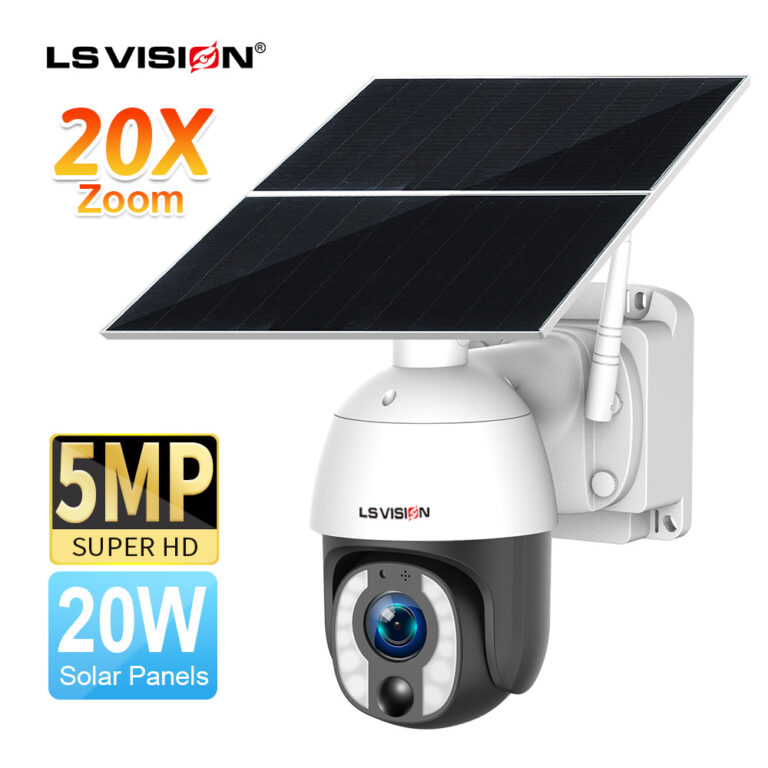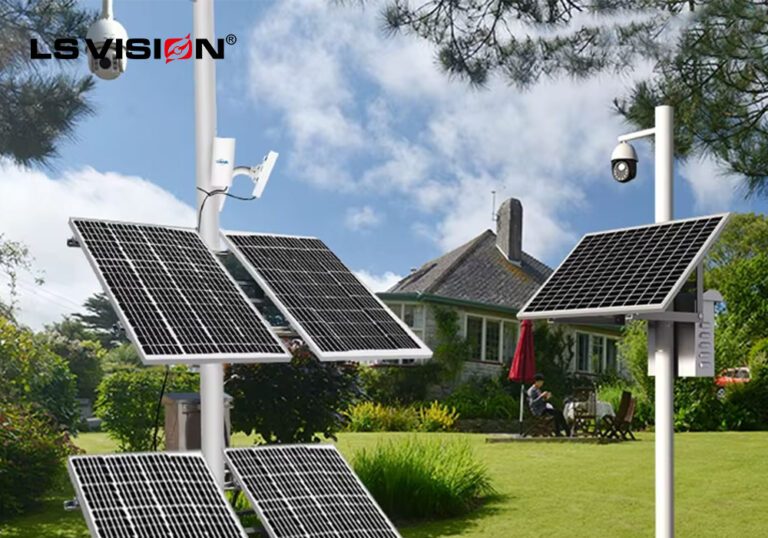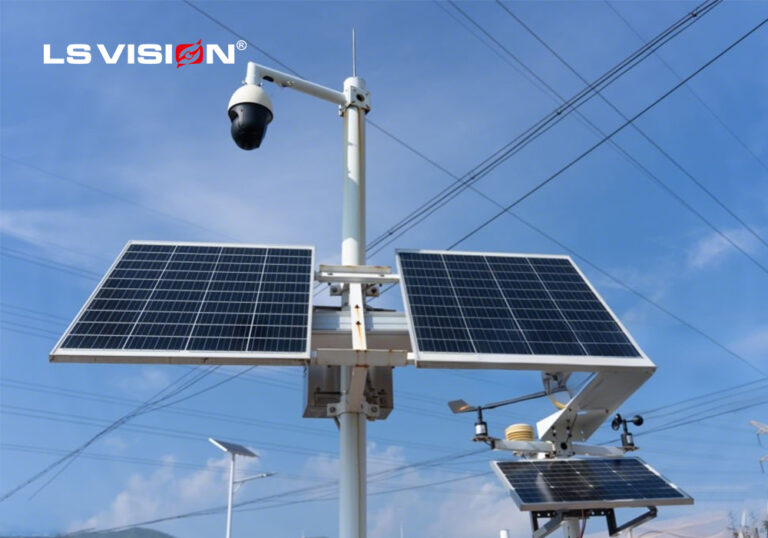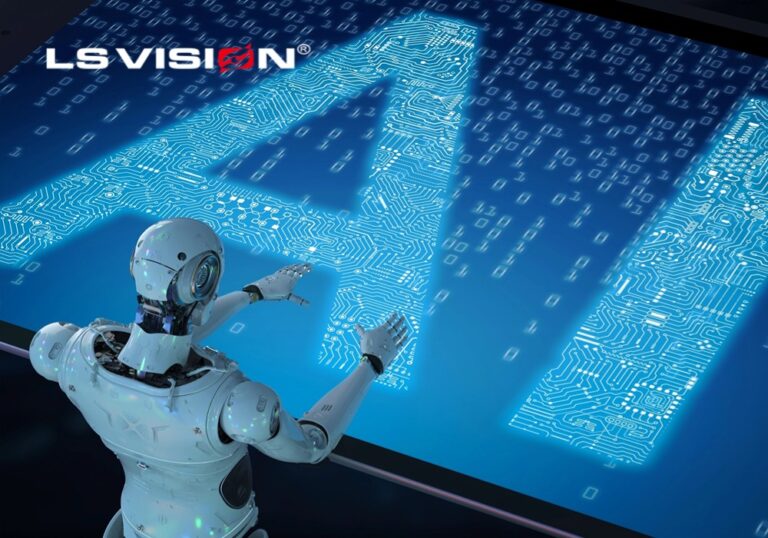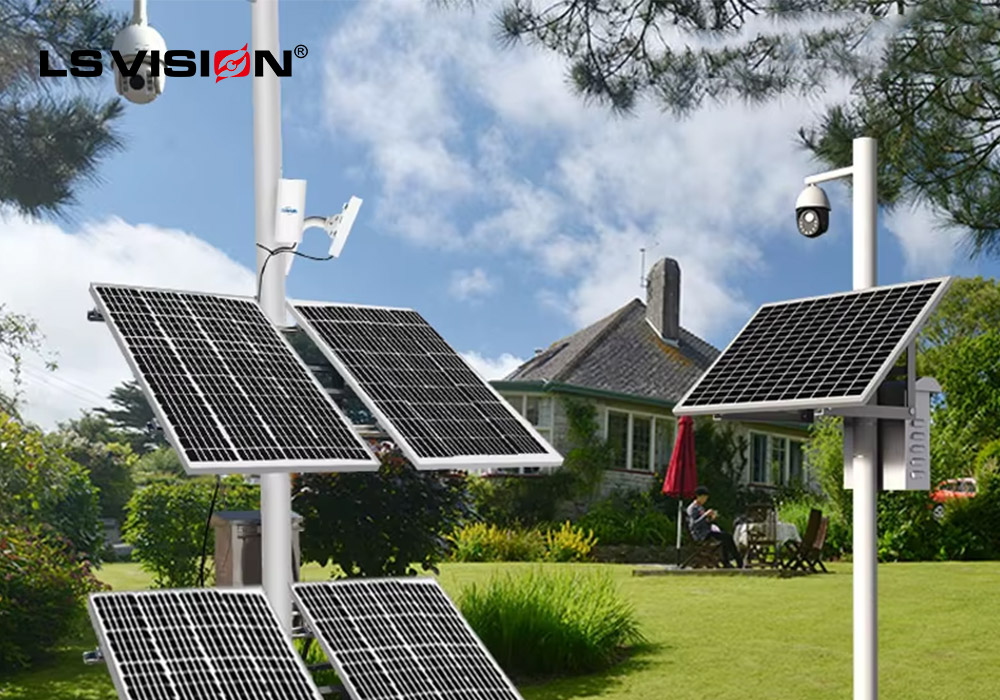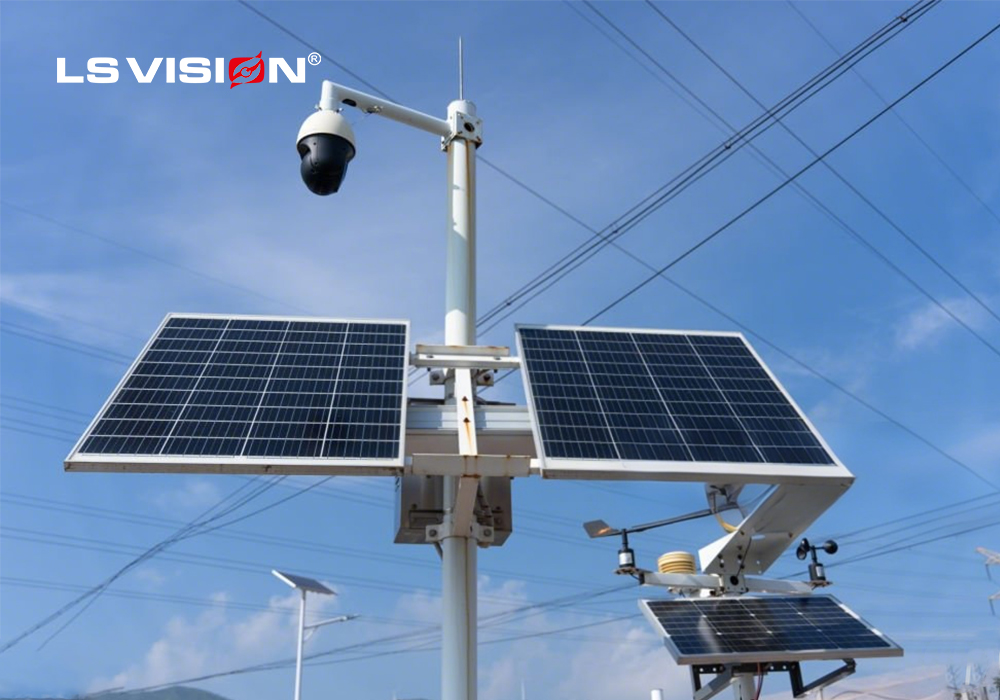Choosing the right security camera system for your home or business can be a challenging decision. With advances in technology, you now have two primary options: solar-powered security cameras and traditional wired models. Each system offers unique advantages and features that cater to different needs.
Understanding the key differences between these two systems is crucial in making the best choice for your security needs. Let’s dive into how each system works and what factors you should consider when making your decision.
Table of Contents
ToggleUnderstanding Solar Cameras
Solar-powered cameras are a modern surveillance solution. These cameras use energy from the sun to function, with the help of solar panels that convert sunlight into electricity. This means they don’t need to rely on traditional power sources, making them an eco-friendly option. Solar cameras are often designed to operate without the need for complicated wiring and are ideal for outdoor environments.

Key Features of Solar Cameras
Eco-Friendly: Solar-powered cameras use renewable energy, reducing your reliance on traditional electricity
Low Maintenance: These cameras require minimal maintenance—just keep the solar panels clean and check the battery occasionally.
Flexible Installation: Solar cameras are portable and don’t require access to electrical outlets, making them suitable for remote locations or places with difficult installations.
For example, the Intelligent solar energy alert PTZ camera is a best choice for areas that need continuous monitoring. This camera combines powerful surveillance features with solar energy, allowing for flexible and long-term operation even in remote places.

Traditional Wired Cameras: The Classic Option
Traditional wired security cameras are the tried-and-true solution that has been used for many years. These cameras rely on a direct power connection to the electrical grid, which ensures a constant flow of energy. Wired systems are typically installed with cables and require a professional setup, including drilling and mounting.
Key Features of Wired Cameras:
Reliable Power Source: Since they are connected directly to the grid, wired cameras don’t face power shortages unless there’s an outage.
High-Quality Footage: Wired cameras usually offer high-resolution footage and advanced features, including clear image quality and real-time monitoring.
Permanent Setup: Once wired systems are installed, they are stationary, meaning it’s difficult and expensive to relocate or expand them.
Comparing Solar Cameras to Traditional Wired Models
1. Installation and Flexibility
One of the biggest differences between solar-powered cameras and wired systems is how they are installed. Solar cameras are typically much easier to install because they don’t require wiring. You can place them almost anywhere as long as there’s access to sunlight. This flexibility is ideal for locations where running wires would be complicated or expensive.
On the other hand, traditional wired cameras require drilling and professional installation. This process can be time-consuming and may involve costly labor. Also, they need to be installed near power outlets, which can limit their placement.
2. Power Source
Solar cameras have the obvious advantage of being powered by renewable energy from the sun. Once set up, they don’t incur electricity costs and can operate continuously as long as they get enough sunlight. However, during periods of heavy rain or extended cloud cover, solar cameras might struggle to maintain a full charge, which could impact their performance.
In contrast, wired cameras rely on a steady power supply, making them reliable in terms of consistent operation. They won’t face issues during overcast weather or at night unless there’s a power failure.
3. Environmental Impact
If you’re conscious of your environmental footprint, solar-powered cameras are the way to go. They reduce dependence on fossil fuels, helping to lower your carbon footprint. As the world becomes more focused on sustainability, opting for solar energy-based security systems aligns with eco-friendly values.
Traditional wired cameras, while reliable, contribute to energy consumption and environmental strain. They don’t offer the same benefits in terms of renewable energy usage.
4. Cost Considerations
The upfront cost of solar-powered cameras can be higher than that of traditional models, as they require solar panels and batteries. However, over time, solar cameras can save money on electricity bills and reduce maintenance costs. There’s no need to pay for the ongoing energy consumption of a wired system.
Wired cameras often come with a lower initial cost for the hardware, but they may have higher ongoing costs due to electricity usage and maintenance.
Choosing the Right Option for Your Security Needs
When deciding between a solar-powered or traditional wired camera system, think about the specific needs of your property. If you have remote areas or wish to avoid complicated installations, solar cameras are an excellent choice. They provide the flexibility to move and install them almost anywhere, without the worry of wiring.
If your priority is constant, uninterrupted surveillance with the best quality video and reliability, a wired camera might be more suitable. These systems are better for areas with easy access to power outlets and offer the advantage of long-term stability.
Top Solar Camera Choice: LS VISION Security Cameras
If you’re looking for a reliable solar-powered security camera solution, LS VISION offers a complete range of solar-powered security cameras designed for both residential and commercial needs.
From high-resolution cameras to intelligent solar energy alert PTZ systems, LS VISION cameras provide flexibility, durability, and excellent performance, all while being powered by renewable energy. With LS VISION, you can easily find the right camera system that suits your property’s security needs.
Conclusion
Both solar-powered security cameras and traditional wired models come with their own set of benefits and challenges. Solar cameras offer flexibility, eco-friendliness, and cost savings over time. Meanwhile, traditional wired systems provide continuous power and robust performance, particularly for permanent setups. The right choice depends on your specific needs, budget, and environmental considerations.
If you want to learn more about how LS VISION can help you with your security needs, feel free to contact us. We’re here to provide expert advice and guide you in choosing the perfect solution for your property. Reach us at sales@lsvisionsolar.com or call +86 13544211486 for more information!

